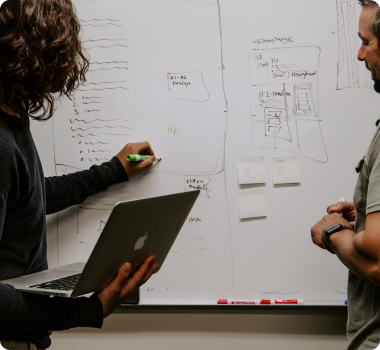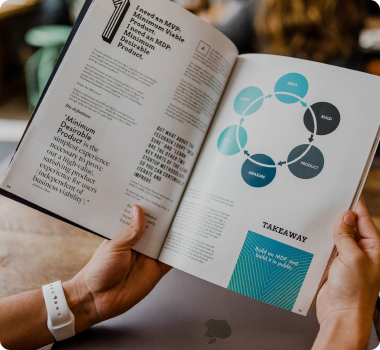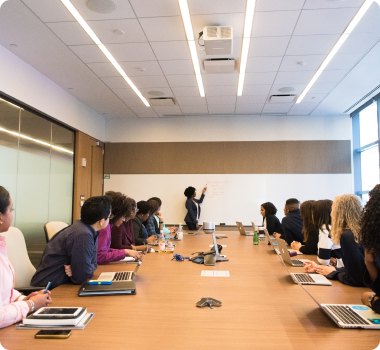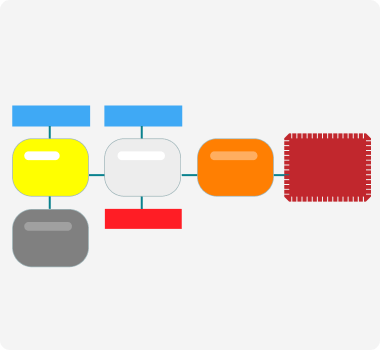About
Pillars
The TRANSFORM Project takes a step-by-step approach as it explores the highest impact pathways to sustainable transformation in SMEs. Each step learns from the last and helps us understand sustainable transformations for resilient local business.

Pathway Mapping & Database
The first steps of our project are to create an interactive database to serve as a repository of case studies that highlight transformational practices and business models for urban sustainability and resilience. We are developing a framework to identify, categorize and synthesize knowledge on SMEs across various cities and will communicate our findings through visual and interactive formats to scholars, practitioners and policymakers.
We seek to illustrate the connections of small- and medium-sized business models to urban space and map the many ripples emanating from business practices that contribute to more sustainable development pathways. As we advance the conceptualization of business models in urban contexts, we can better support businesses as they innovate, advance and radically reframe their functions in local spaces to contribute in the transformation of cities into sustainable and resilient systems.
Interactive Capacity Building

TRANSFORM will co-create, together with our partners, an immersive, interactive, and flexible capacity-building process. These processes will draw on the transformative practices and business models database to co-produce training modules with entrepreneurs and urban stakeholders in the various cities. The capacity-building activities will present transformative practices and models through visuals, animations, short films, virtual field trips, and other media formats. Ultimately, the goal is to support SMEs as they move forward into the experimentation phase.
Experiment with Business Models

By offering targeted incentives to SMEs, we will explore and implement sustainability experiments that advance the adoption of transformative business models. These financial and technical resources will allow project researchers to study the experiments from the onset, evaluate the success or failures and capture the impact of these SMEs on social, environmental, and economic spheres.
Toolkit

Based on the database, capacity-building, and experimentation outcomes, we will develop an action-oriented and data-driven toolkit that will integrate academic and pragmatic knowledge on learning, sustainability competencies, and transformational change.
This toolkit will support government at multiple levels, small businesses, and civil society groups to accelerate the diffusion and scaling up of the sustainability solutions uncovered throughout the TRANSFORM process.
Policy Ecosystems

Throughout the project, we focus on the policy relevance of the project, including advising municipal, provincial and federal governments in each country on SME-specific sustainability innovation strategies. We will map the socio-institutional enabling context that supports sustainability innovation at multiple governance scales, and analyze future policy pathways that will incentivize SMEs to engage in sustainability transformations. Working in collaboration with local partners, including research and action networks, non-governmental organizations and governments, we will identify the critical elements of an effective, efficient, and forward-looking nation-wide policies and strategies for transformational sustainability innovation.
Questions?
Contact Us

